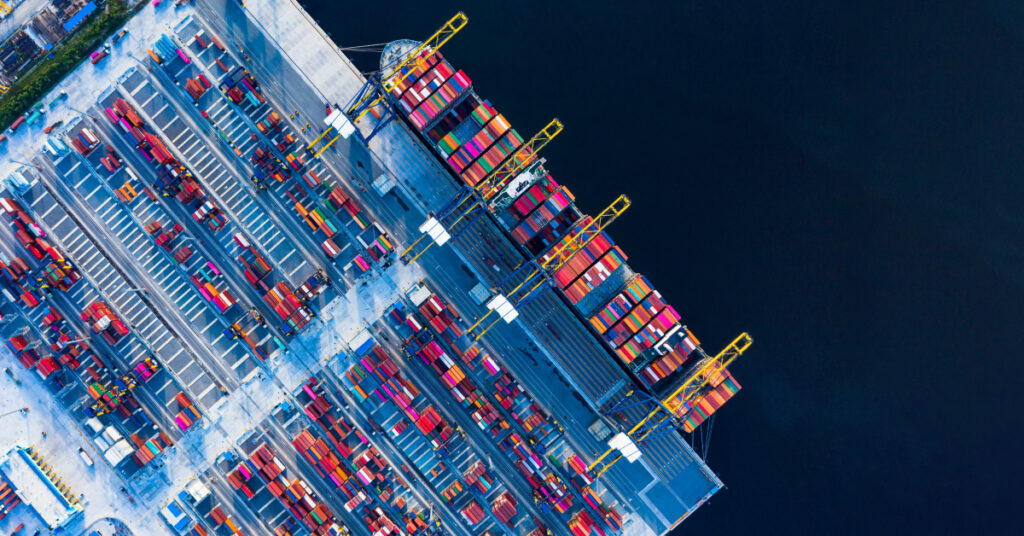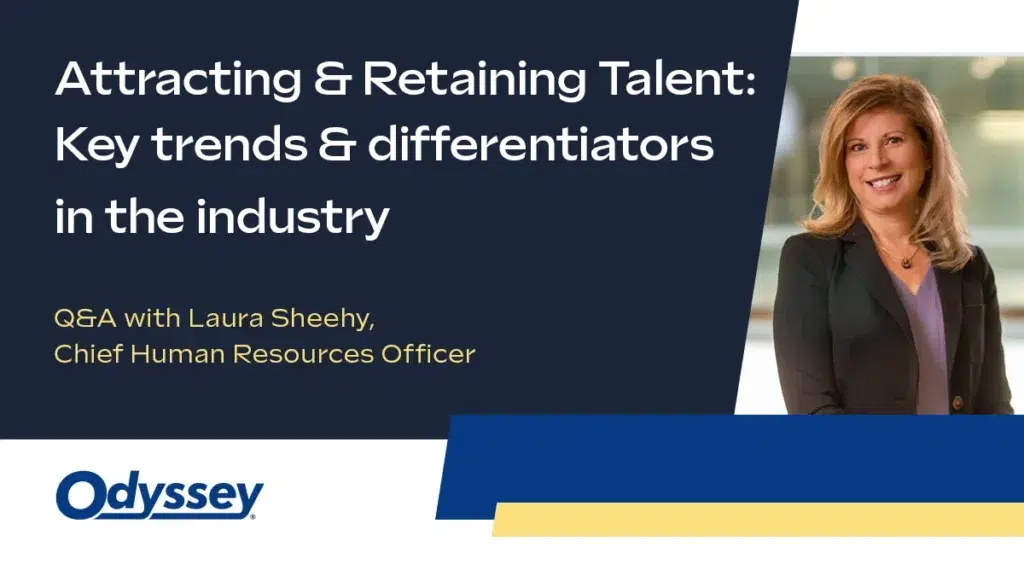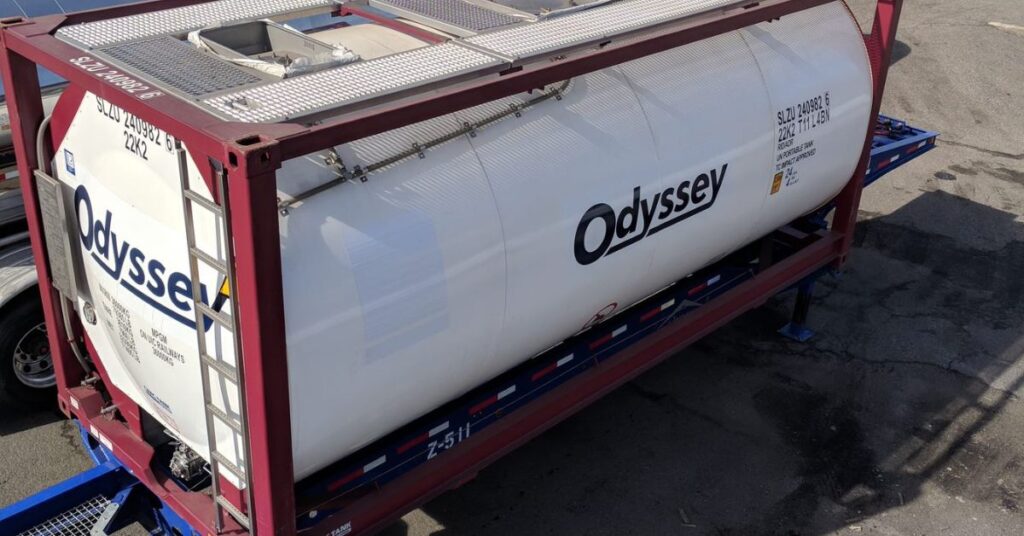A look at the different ways AI and GAI are being used to optimize logistics, transportation and supply chain processes.
To say that artificial intelligence (AI) is revolutionizing the logistics and transportation industry would be major understatement. Able to analyze large volumes of data, AI algorithms are detecting traffic patterns, inclement weather and road closures in real-time. The algorithms can then pick the most cost-effective, efficient routes for drivers—strategies that lead to lower fuel consumption, faster delivery time and fewer carbon emissions.
Artificial intelligence is also being used to analyze past sales data, market trends and customer behavior patterns. Combined, these data points help companies predict future demand for their products, optimize inventory levels and avoid costly over- and under-stock situations. In the warehouse, AI-powered robots are being used to automate picking, packing and sortation—and, to allow employees to focus on more value-added tasks and projects. In return, companies are improving fulfillment accuracy, speed and efficiency.
In the food and beverage sector, for example, the logistics process requires much technical precision. Getting perishables from point A to point B reliably takes detailed calculation and execution. The industry depends on timing, which is critical due to product shelf life. And so, this industry requires advanced usage of technology (track and trace, automation, etc.) to enable growth while managing risks.
Complementing & Supporting the Human Workforce
Despite what some may believe, AI doesn’t replace human workers; instead, it augments and supports their efforts. “Imagine a shipment of perishable goods faces an unexpected delay, potentially compromising product quality and safety,” Odyssey Logistics CIO Maneet Singh points out.
“An AI system can provide information on the delay and offer a set of solutions, but it cannot genuinely empathize with the customer’s anxiety about spoiled goods,” he continues. “It cannot reassure the customer and build trust. This is where human intervention becomes irreplaceable.”
So where AI can provide recommendations based on data, it can’t navigate the complexities of human dynamics, negotiate with stakeholders, or build cohesive, motivated teams. “Only people can bridge these gaps,” Singh says.
Generative AI Takes Center Stage
Generative AI (GAI) that can produce various types of content, including text, imagery, audio and synthetic data, is sure to play a larger role in building more resilient supply chains over the coming years. And, GAI just happens to be an excellent partner for logistics providers like Odyssey and—predictably—its customers and business partners.
“With GAI, information could be at your fingertips — including information that is in a constant state of change, such as weather conditions, port congestion, labor availability, regulations and even market trends,” Singh points out. The global logistics provider managing the movement of goods, for example, can use GAI to quickly process information across a number of variables to create well-optimized route plans.
“To take it a step further, these plans can also consider aspects such as carbon footprint, transit modes and costs, all while ensuring the efficient and safe delivery of goods,” he adds. “And the more data and human prompts, the better the provider will get at this.”
What’s the Outlook for 2024?
With 40% of supply chain organizations already investing in GAI, and experts like Sumit Dutta, Principal Supply Chain and Operations at Ernst & Young LLP and Asaf Adler, EY Americans Supply Chain Emerging Technology Leader, highlighting its potential in key areas, 2024 is poised to be a breakout year for AI in logistics. This technology has the power to unlock significant value through smarter optimization, dynamic route planning, and even global trade streamlining. For forward-thinking logistics players, embracing GAI is a strategic imperative to gain a competitive edge and transform the way goods move across the globe.








